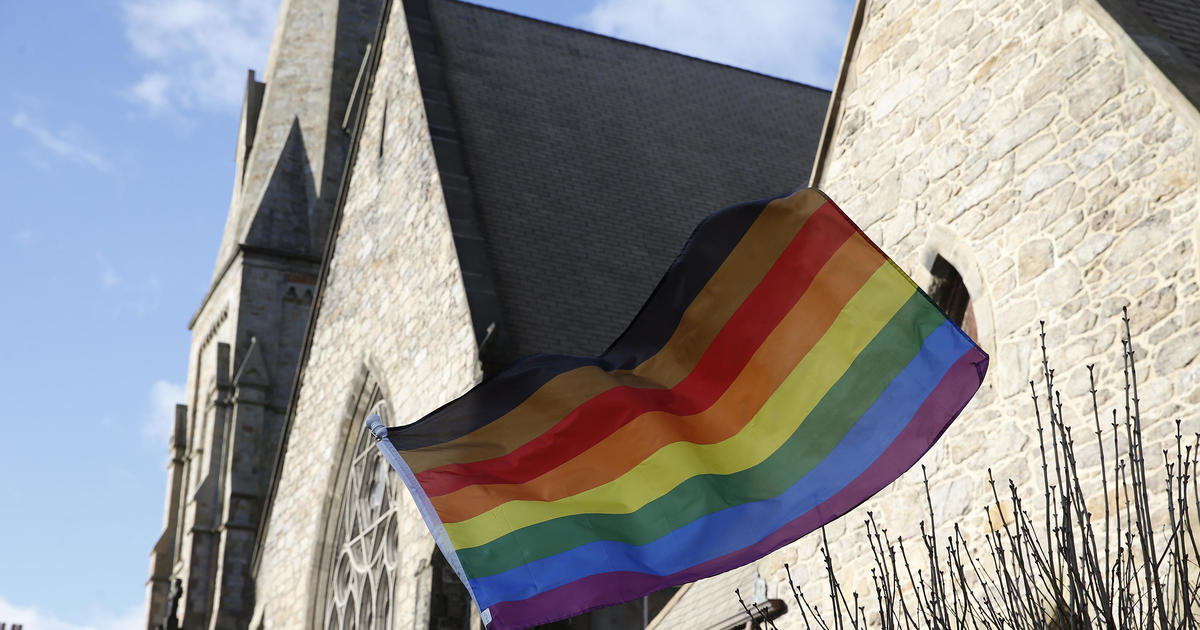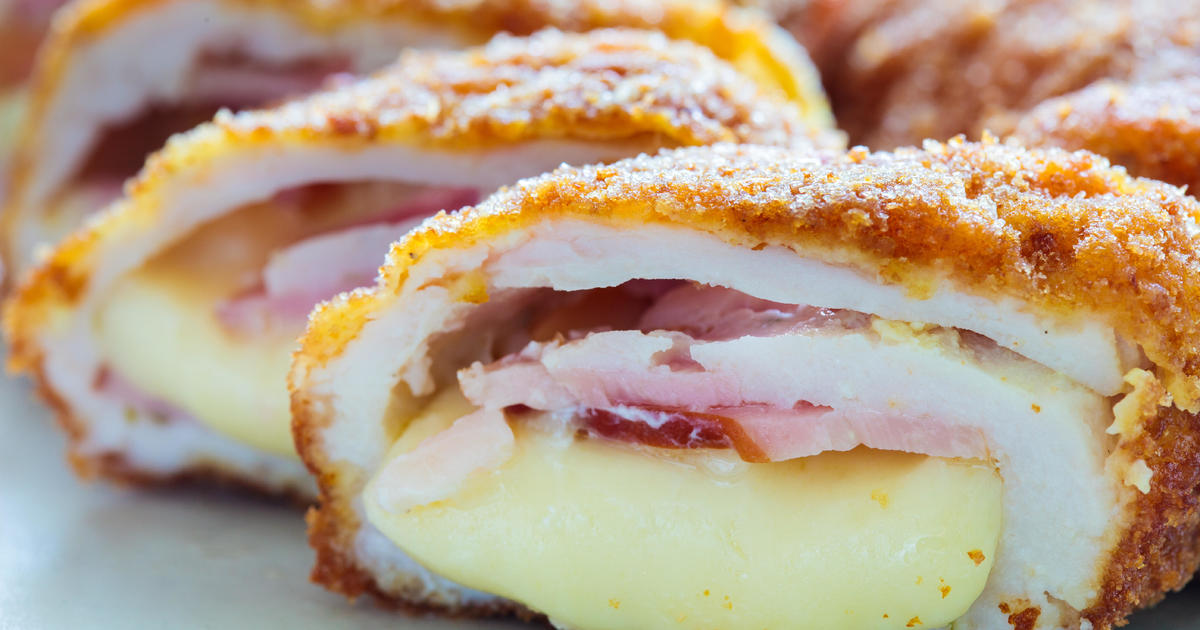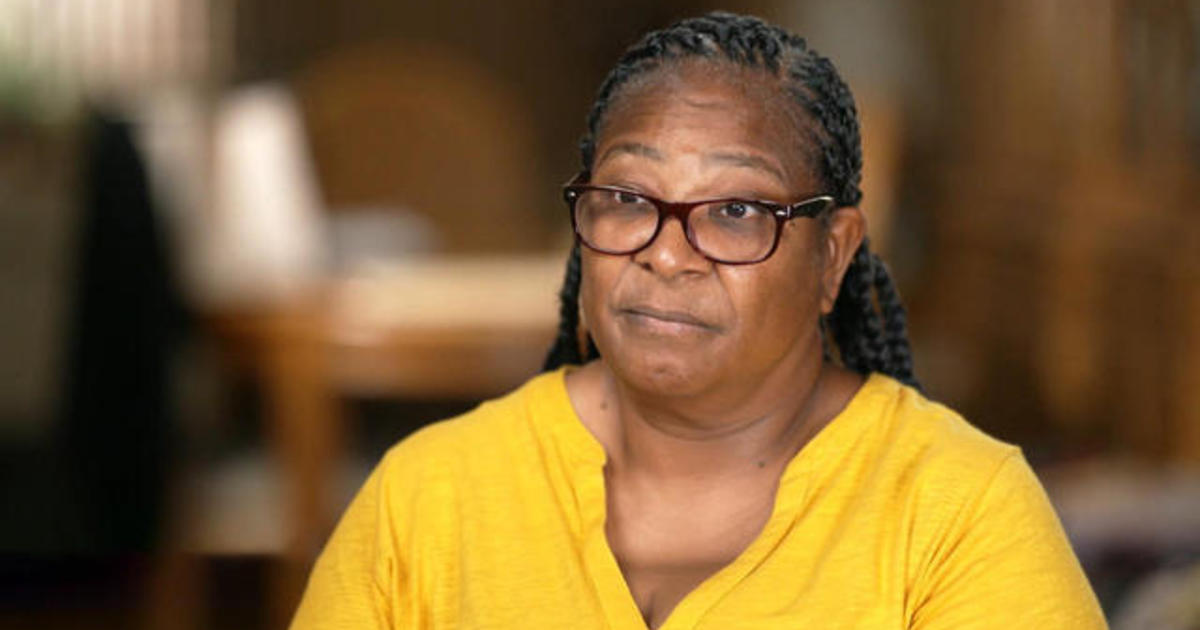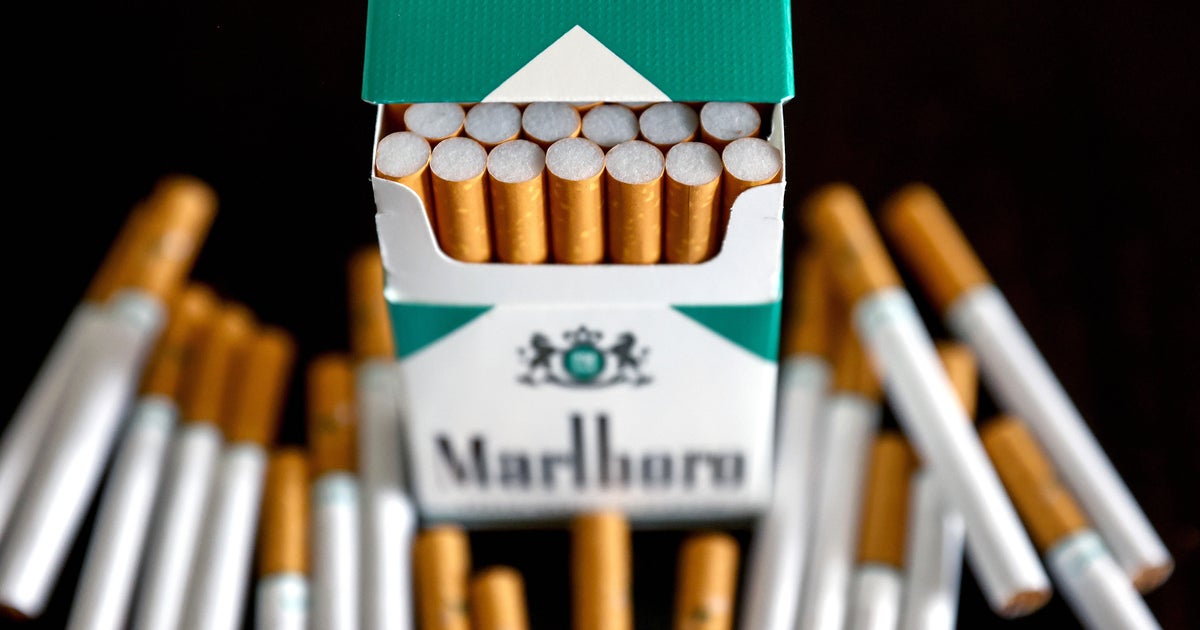Chainsaws, Pixy Stix and other unnecessary items that are tax exempt, while tampons aren't
Watch the CBSN Originals documentary, "Period. Half the population has one. But no one talks about it," in the video player above.
Every state has the ability to pick and choose products it wants to make more affordable for its residents by exempting them from sales tax. It may not constitute a huge percentage of the overall cost, but for people already struggling to affording the products they need, it can add up to a big difference. What's more, exempting a product from sales tax also makes a statement about what is and isn't considered a necessity in our society.
As a general rule, the United States exempts food and prescription medications from sales tax — and most people tend to agree with that. Food, after all, is a necessity. And if you need a life-saving medication, it only seems right that the government would exempt it from sales tax to help keep it a little more affordable.
"The issue is that where states have the ability to call things a necessity and provide an exemption to make them more affordable, they've somehow left tampons and pads off the table," explains Jennifer Weiss-Wolf, author of "Periods Gone Public." Only 15 states and a handful of cities currently forego sales taxes on these essential items for women.
For the activists of America's growing menstrual movement, this so-called "pink tax" has become a rallying cry. It's not that it's a luxury tax or a special tax that's applied only to these products; it is simply a regular sales tax that is applied to all products deemed non-necessities. But if half the population gets a period every month, then shouldn't the products we use to manage that biological function be considered necessities?
Weiss-Wolf, an attorney at the Brennan Center for Justice, thinks that they should. And for the past several years, as she traveled the country doing tampon tax advocacy, she also undertook the tedious endeavor of studying the full sales tax code for every state so that she could identify the most egregious examples of cases in which America has deemed items "necessities" that are far less necessary than tampons.
"I thought it would be important to demonstrate the kinds of items that states have chosen to exempt from sales tax, because if a lawmaker said, 'Sure, food and prescription medications are tax exempt,' they might think they could end the conversation there," she says. "And I had a suspicion that I was going to find some more interesting fodder if I just forced myself to read every state sales tax code in the country."
Suffice to say, she found it. Here are just some of the less-than-essential things that states have made exempt from sales tax, while neglecting to do the same for menstrual hygiene products:
- Alabama: casings used in molding wieners and Vienna sausages
- Arkansas: purchase of kegs by wholesale manufacturers of beer
- California: Pop-Tarts
- Connecticut: subscription magazines
- Florida: marshmallows
- Georgia: tattoos and piercings
- Idaho: chainsaws over $100
- Illinois: beef jerky
- Indiana: barbecue sunflower seeds
- Kentucky: Pixy Stix
- Kansas: fees for National Hot Rod Association
- Louisiana: Mardi Gras beads
- Maine: Bibles
- Missouri: bingo supplies
- Nebraska: admission to zoos and aquariums
- Nevada: newspaper ink
- New Mexico: souvenirs at minor league baseball stadiums
- Ohio: gift certificates
- Oklahoma: tickets to professional basketball, baseball, football, and hockey games
- Rhode Island: golf club memberships
- South Dakota: entry fees for rodeo participants
- Tennessee: fishing tournament registration fees
- Texas: cowboy boots
- Utah: arcade game tokens
- Vermont: garter belts
- Washington: Christmas tree production
- West Virginia: manicures and massages
- Wisconsin: gun club memberships
To date, only 15 of the 50 states and Washington, D.C. fully exempt menstrual hygiene products from sales tax. While the state of Colorado is among those that haven't, the city of Denver has. And though it did not fully eliminate the sales tax on menstrual hygiene products, Virginia lowered that rate of sales tax this year.
Beyond that, two more states have taken steps toward exemption. California recently made headlines for proposing a tax exemption in its budget, but that exemption is not yet a done deal. And Maine lawmakers recently passed an exemption, but it is yet to be budgeted, and because of the cost it is unclear whether it will survive the appropriations process to eventually reach the governor's desk.




